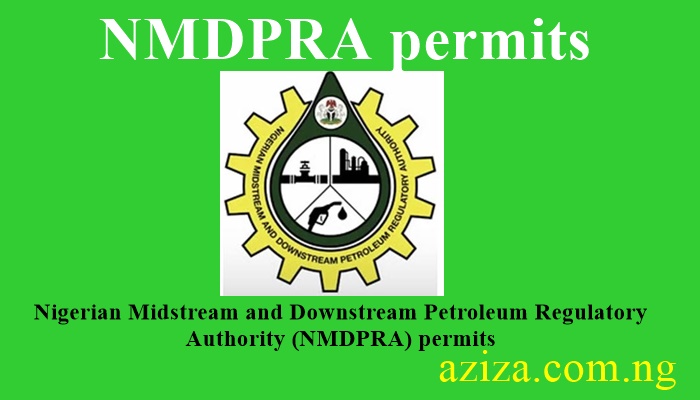This article discusses the regulatory body (NMDPRA) that is in charge of the Mid-stream and downstream sector of the oil and gas industry and its duties.
The oil and gas industry are usually divided into three major sectors: upstream, midstream, and downstream.
Upstream refers to exploration and production of crude oil and natural gas, midstream is the transportation and storage of crude oil and natural gas, downstream refers to the conversion of crude oil and natural gas into thousands of finished products.
READ: NMDPRA Permits, Costs and Requirements
The downstream sector is the refining of petroleum crude oil and the processing and purifying of raw natural gas, as well as the marketing and distribution of products derived from crude oil and natural gas.
WHAT IS THE DIFFERENCE BETWEEN NMDPRA AND NUPRC?
Pursuant to the PIA 2021, the NUPRC is responsible for the technical and commercial regulation of upstream petroleum operations, while the NMDPRA is responsible for the technical and commercial regulation of midstream and downstream petroleum operations in the industry.
What is NMDPRA?
The Nigerian Midstream and Downstream Petroleum Regulatory Authority (NMDPRA) is the Technical and Commercial Regulator of Midstream and Downstream Operations.
The Nigerian Midstream and Downstream Petroleum Regulatory Authority (Otherwise known as “The Authority”) was created in August 2021 in line with the Petroleum Industry Act 2021 which provides legal, governance, regulatory and fiscal framework for the Nigerian Petroleum Industry as well as development of Host Communities.
Consequently, Mr. President approved the appointment of Mr. Farouk Ahmed as the Authority Chief Executive of the NMDPRA as conveyed by the Secretary to the Government of the Federation to the Honorable Minister of State for Petroleum Resources, Chief Timipre Sylva to run the day-to-day affairs of the new regulatory authority.
NMDPRA stimulates and create an enabling environment that drives sustainable development across Nigeria’s Midstream and Downstream value chain for all stakeholders.
This is effective through regulatory oversight which accelerates and deepens the economic development while ensuring sufficient product distribution and supply at an equitable and fair price.
WHAT ARE THE DUTIES OF NMDPRA?
- Regulate and monitor midstream and downstream operations in Nigeria.
- Determine appropriate tariff methodology.
- Set cost benchmarks for midstream and downstream operations.
- Advise the Government and stakeholders on commercial matters relating tariff and pricing framework.
- Regulate the bulk storage, distribution, marketing, transportation pipelines of petroleum products.
- Monitor and enforce compliance with the terms and conditions of licenses, permits, and authorizations issued by the authority.
- Set, define, and enforce approved standards and regulations for design, construction, fabrication, operation, maintenance of plants, installations, and facilities used or to be used in midstream and downstream petroleum operations.
- Ensure security of supply, development of the market and competition in the natural gas and petroleum products market.
- Establish customer protection measures in accordance with the provisions of the enabling Act.
- Promote competition and private sector participation in midstream and downstream petroleum operations.

